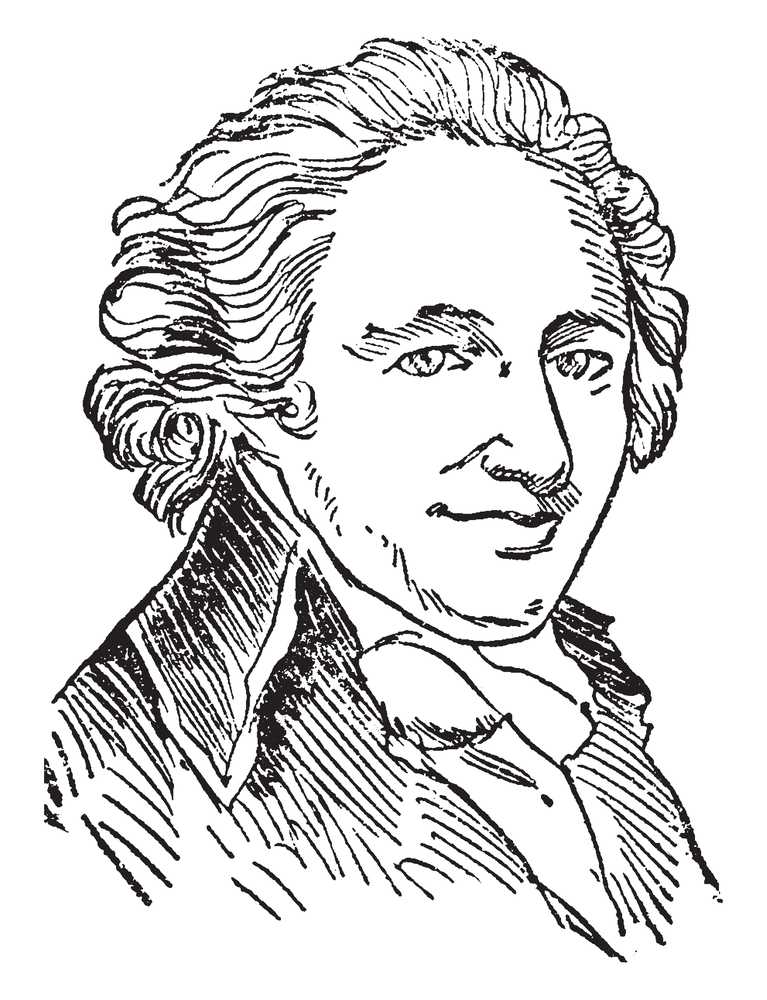
Paine on the idea that the law is king (1776)
Found in: The Writings of Thomas Paine, Vol. I (1774-1779)
In Common Sense (January 1776) Thomas Paine reminded the American colonists that in a free republic “ the law is king” and that if a day were to be set aside to celebrate the republic’s achievements then it should not be focused on a single man but on the law itself:
Presidents, Kings, Tyrants, & Despots
But where, say some, is the King of America? I’ll tell you, friend, he reigns above, and doth not make havoc of mankind like the Royal Brute of Great Britain. Yet that we may not appear to be defective even in earthly honours, let a day be solemnly set apart for proclaiming the Charter; let it be brought forth placed on the Divine Law, the Word of God; let a crown be placed thereon, by which the world may know, that so far as we approve of monarchy, that in America the law is king. For as in absolute governments the King is law, so in free countries the law ought to be king; and there ought to be no other. But lest any ill use should afterwards arise, let the Crown at the conclusion of the ceremony be demolished, and scattered among the people whose right it is.
A government of our own is our natural right: and when a man seriously reflects on the precariousness of human affairs, he will become convinced, that it is infinitely wiser and safer, to form a constitution of our own in a cool deliberate manner, while we have it in our power, than to trust such an interesting event to time and chance. If we omit it now, some Massanello may hereafter arise [Note: Thomas Anello, otherwise Massanello, a fisherman of Naples, who after spiriting up his countrymen in the public market place, against the oppression of the Spaniards, to whom the place was then subject, prompted them to revolt, and in the space of a day became King], who, laying hold of popular disquietudes, may collect together the desperate and the discontented, and by assuming to themselves the powers of government, finally sweep away the liberties of the Continent like a deluge.